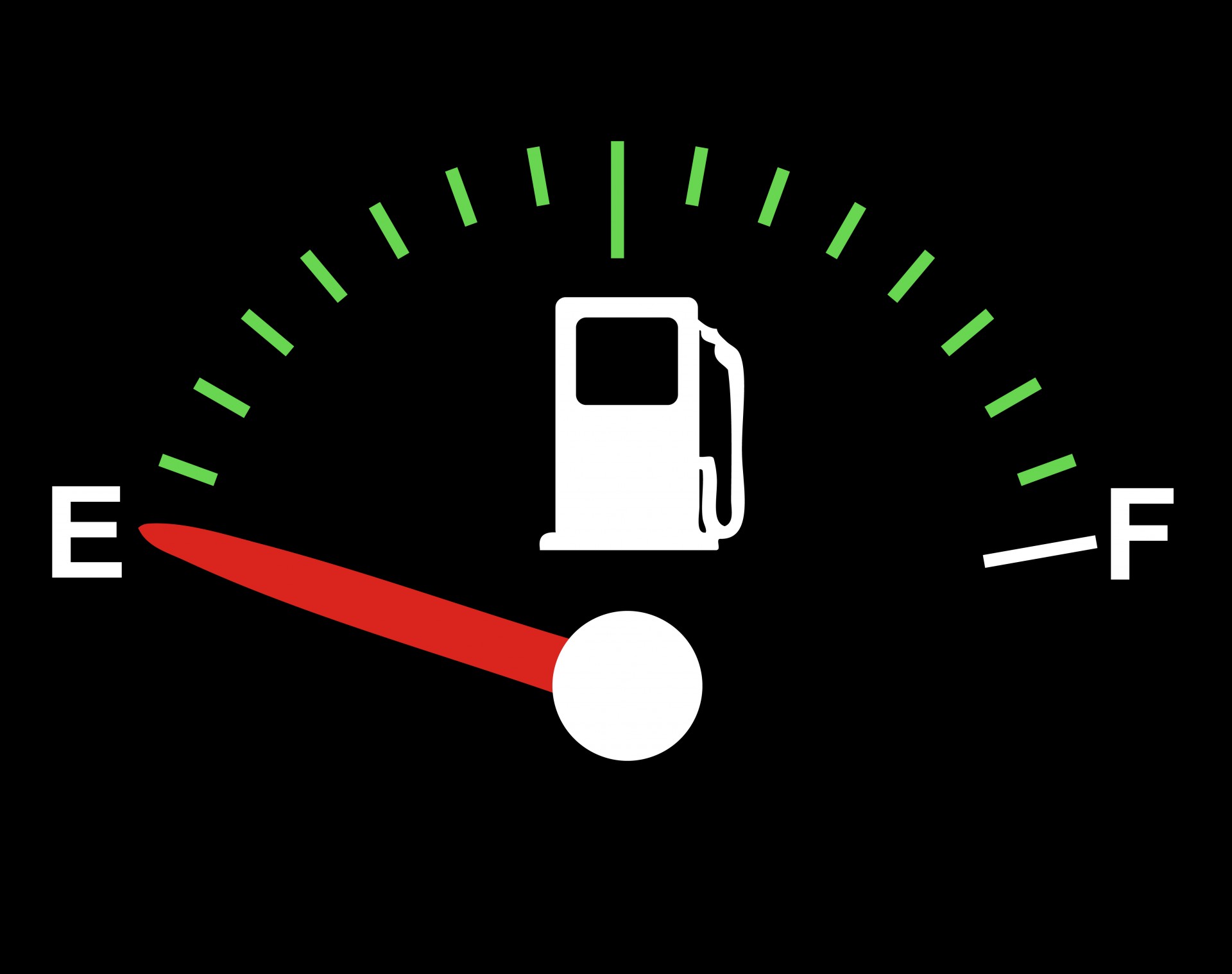It’s Monday, and John is already longing for the weekend. He’s been feeling off at the office for a while now, and he’s not sure why. He’s always tired, and he’s frequently checking how long it is until he can go home. John’s peers once described him as a fun guy to be around, but lately, he’s been coming off as indifferent and irritable. Troubling descriptions for a leader who was once known as ambitious and gregarious. His indifference is starting to show in the quality of his work too. John is showing classic signs of burnout. Maybe you can relate.
Life is filled with challenging situations (e.g., overwhelming requests, conflict, lack of support at work or at home, children leaving for college, caring for elderly parents), and our emotional resources are the fuel we use to cope with those challenges. Some situations cause us to burn through energy more quickly, just as extreme weather, rugged terrain, hauling a heavy load, or accelerating and braking rapidly would use gas at a higher rate than typical on-the-road scenarios. Like a fuel tank, our emotional resources can run dry, and with it, so goes our well-being. To make sure we don’t run low on fuel, we want to minimize our exposure to severe conditions, drive more efficiently, and make sure we refuel regularly. In other words, we want to reduce the drain on our emotional resources, learn to conserve them, and regularly replenish them.
Reduce the Drain.
If we are going to reduce emotional resource consumption, we must first recognize the circumstances (e.g., tasks, situations, relationships) that exhaust us, then limit our exposure to them. Not everything is avoidable or changeable, but we can certainly minimize some things. For example, there may be someone in your system who is toxic because of their grumbling and complaining. If that person heightens your anxiety, consider how you can decrease your exposure to them. Or, better yet, see if you can influence them. We cannot avoid expending emotional energy, but we have the power to dictate where and how it’s spent.
Learn to Conserve.
Emotionally intelligent leaders know that a big part of their success and sustainability can be attributed to learning how to operate with greater emotional efficiency. Going back to our analogy of a fuel gauge, not all cars use fuel at the same rate, but every car owner can add aftermarket parts to improve efficiency. Decades of research have revealed that emotional intelligence, and specifically self-regulation, is something that we can develop. Simple practices like recognizing and acknowledging our emotions and reappraising stressful events can go a long way in our personal development. We can also prioritize staying connected to our core values and using them to navigate difficult situations. For example, if you care deeply about being reliable and honest, then find tangible anchors that represent these values and set them up in your space. Maybe it an antique clock – a gift from a beloved grandfather – that keeps perfect time. When you look at the clock, you see these values and subsequently are more capable of showing up as that leader when times are tough.
Replenish Your Fuel.
Reducing the drain and learning to conserve our energy is essential but will lead us nowhere unless we prioritize refilling our tank. We need to engage in non-work activities that spark joy or cause us to lose track of time. For some of us, that action is gardening or cooking; for others, it’s connecting with friends. Many hobbies or activities awaken and energize the human mind; the key is honoring those that spark something for you. One of the insidious effects of emotional exhaustion is that we may feel too tired to do these things. But we must. Another approach to refilling our emotional tank is to practice mindfulness, such as focusing on breathing, spending 10 minutes thinking about what we’re grateful for, or intentionally looking for what’s positive. Studies show that people who practice mindfulness at work encounter lower levels of emotional exhaustion.
—–
What’s Next? It’s impossible to eliminate stress and anxiety from our lives, but adopting practices like these will increase our resilience. Take a few minutes to identify an action step that will make you a more sustainable leader.


















